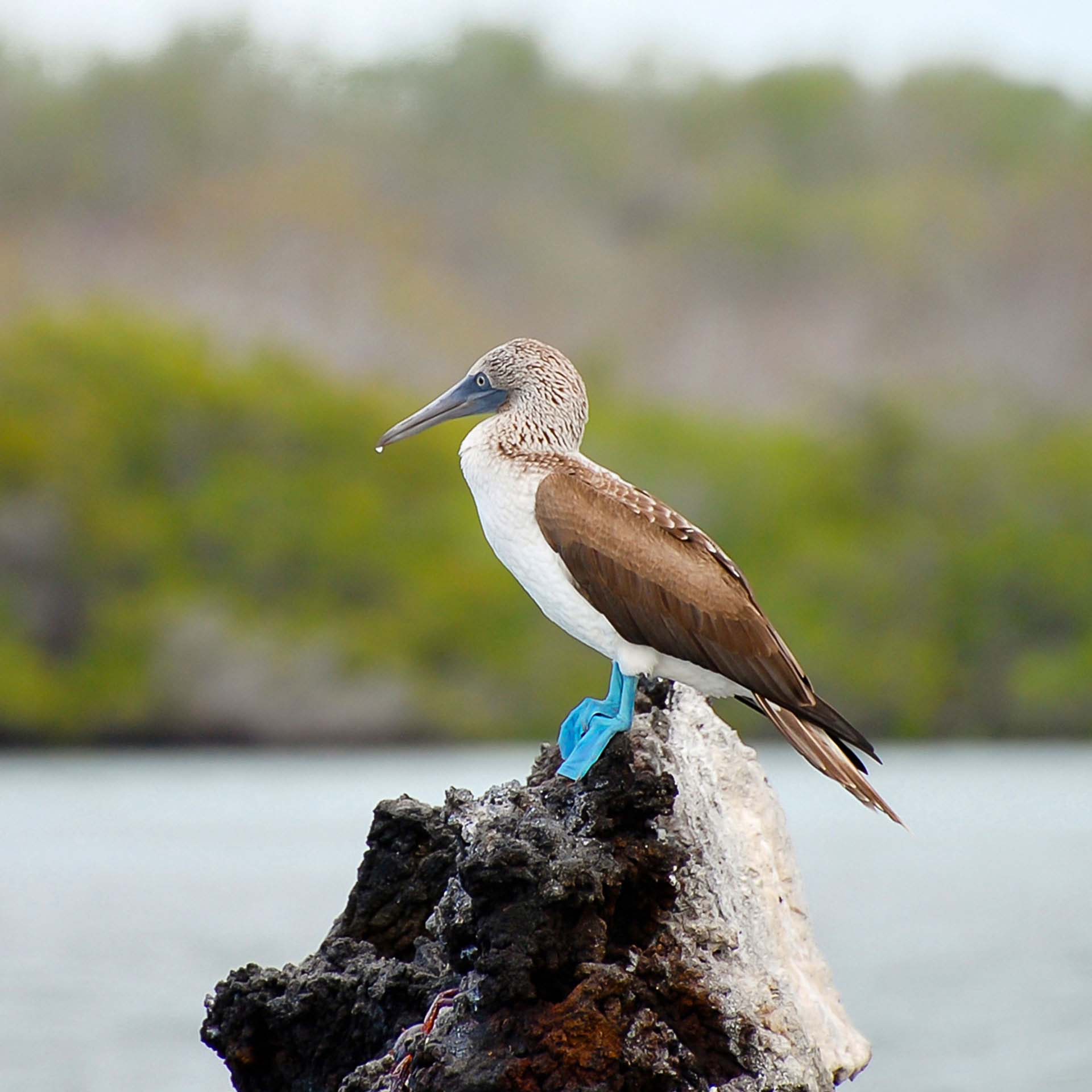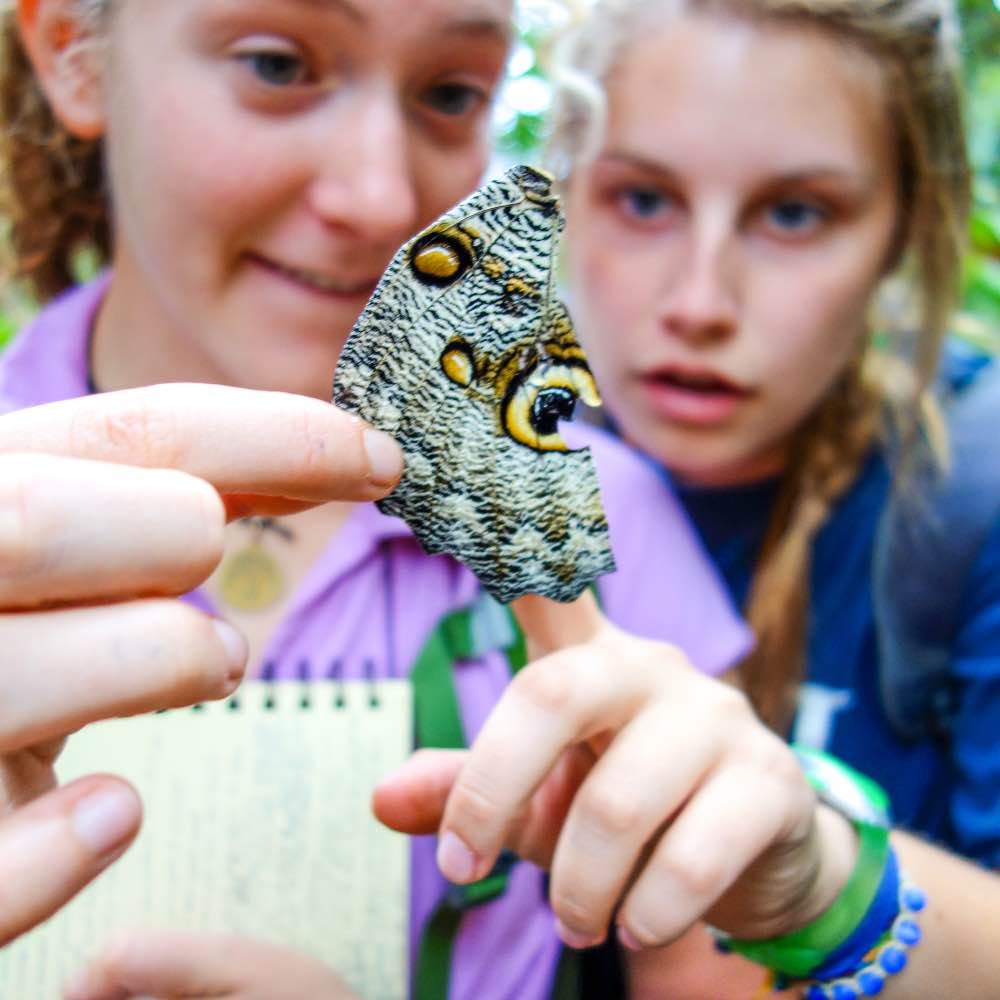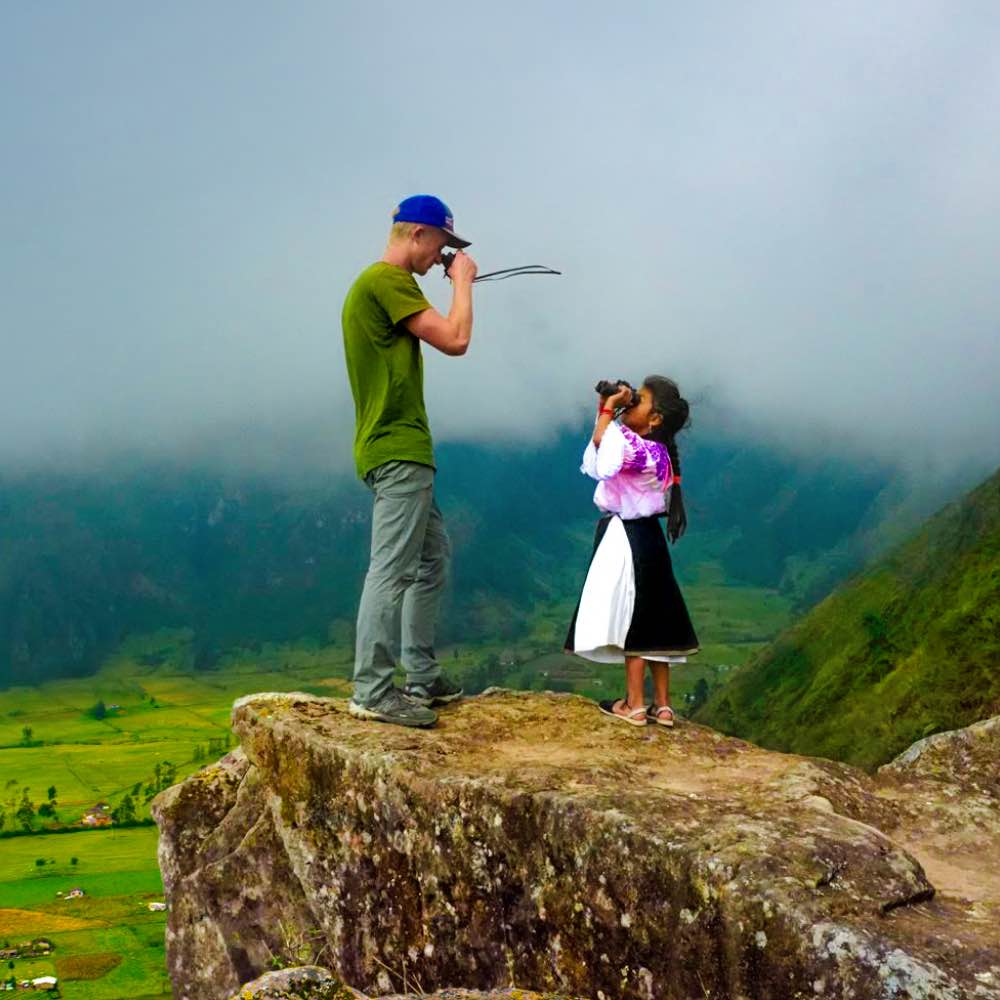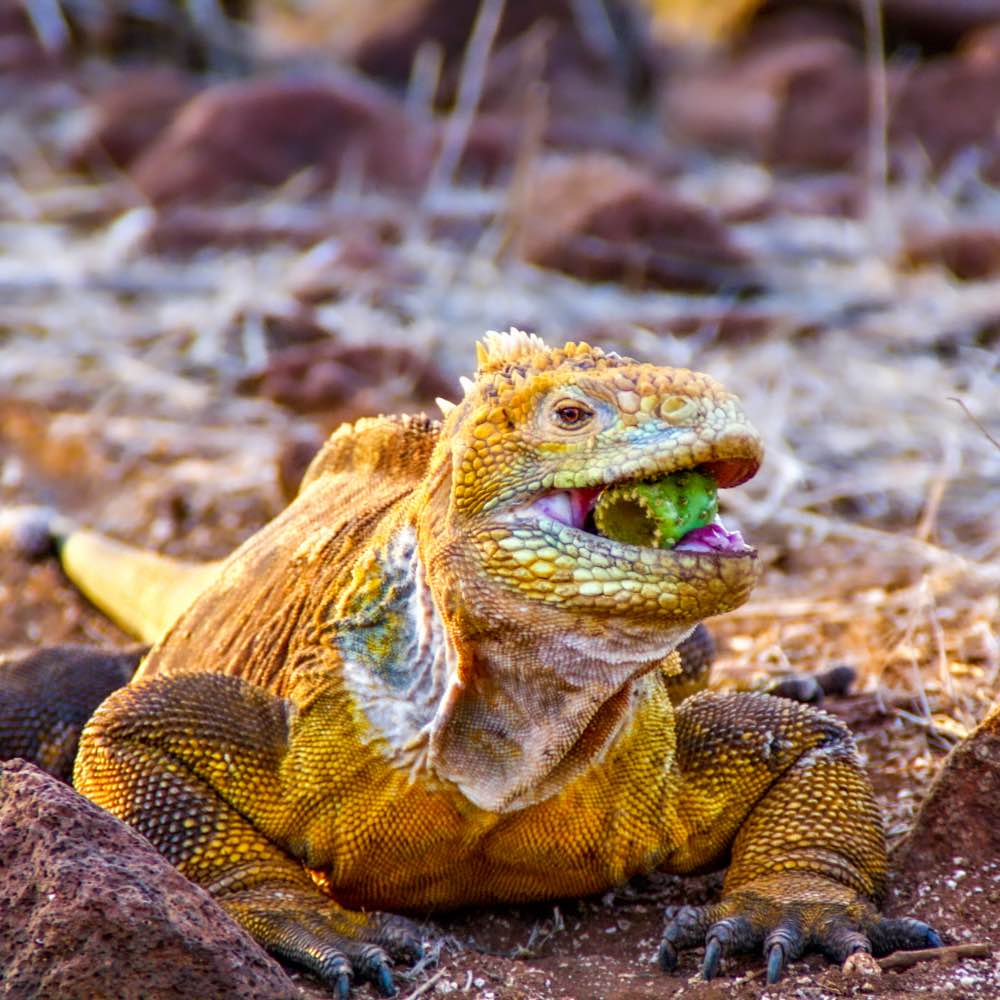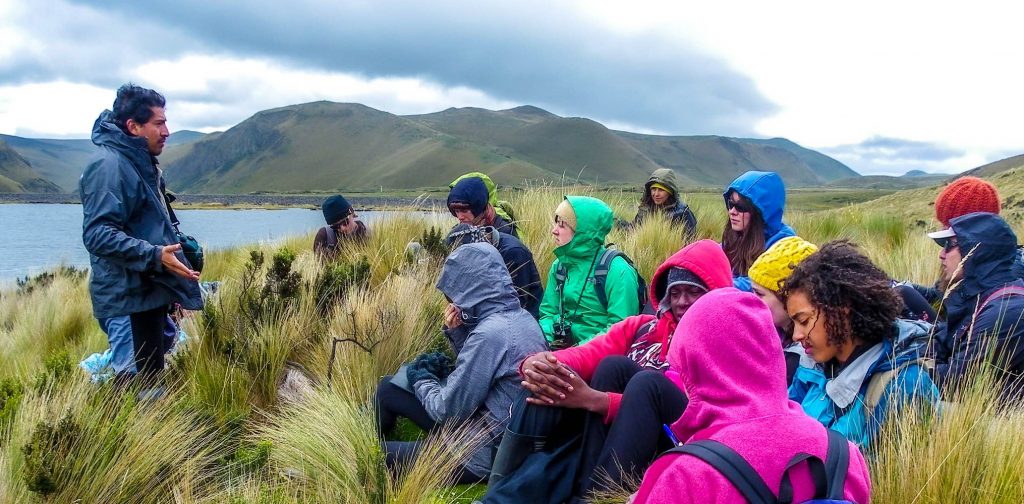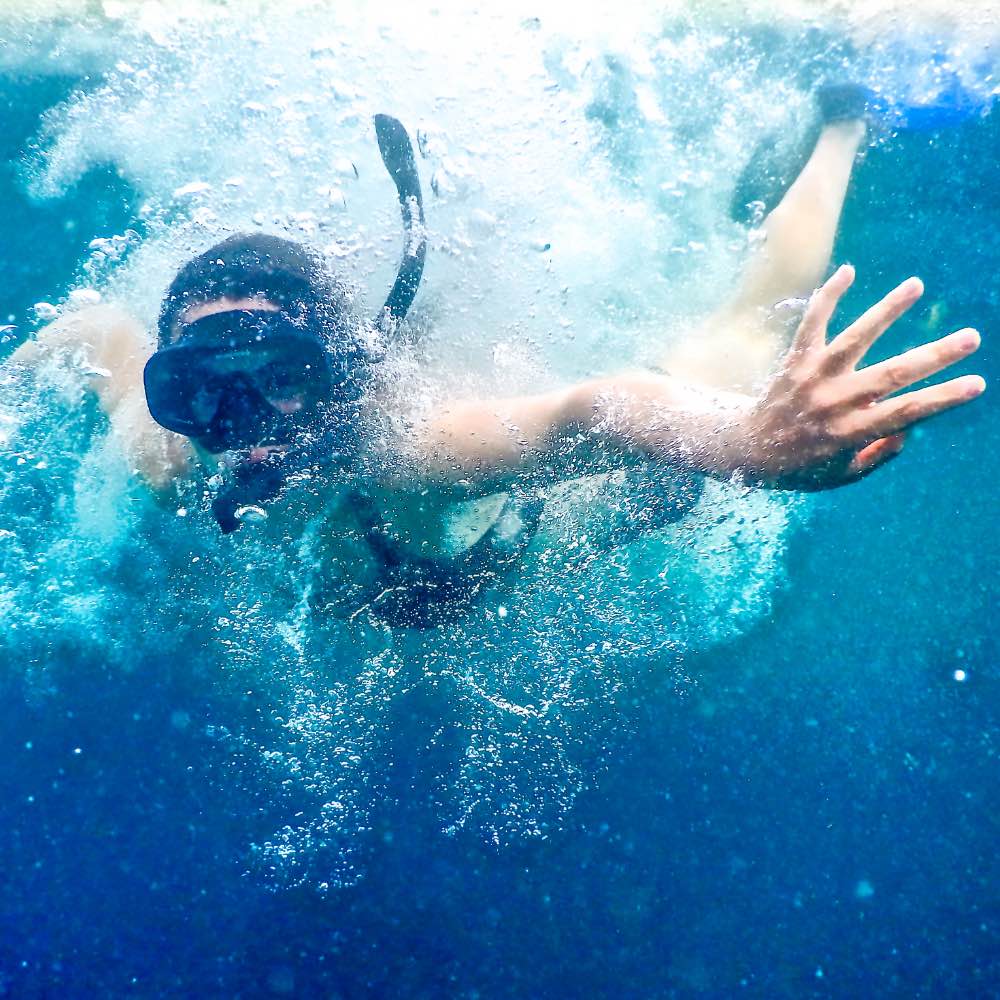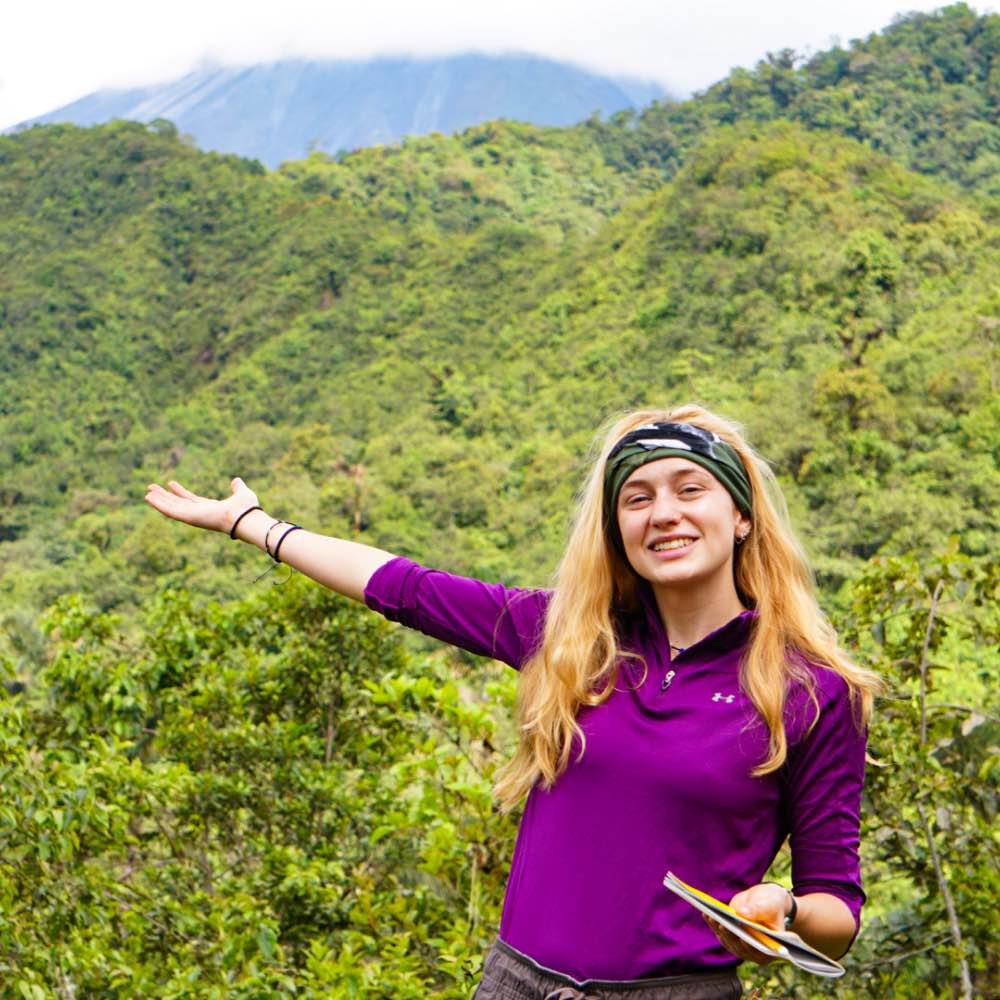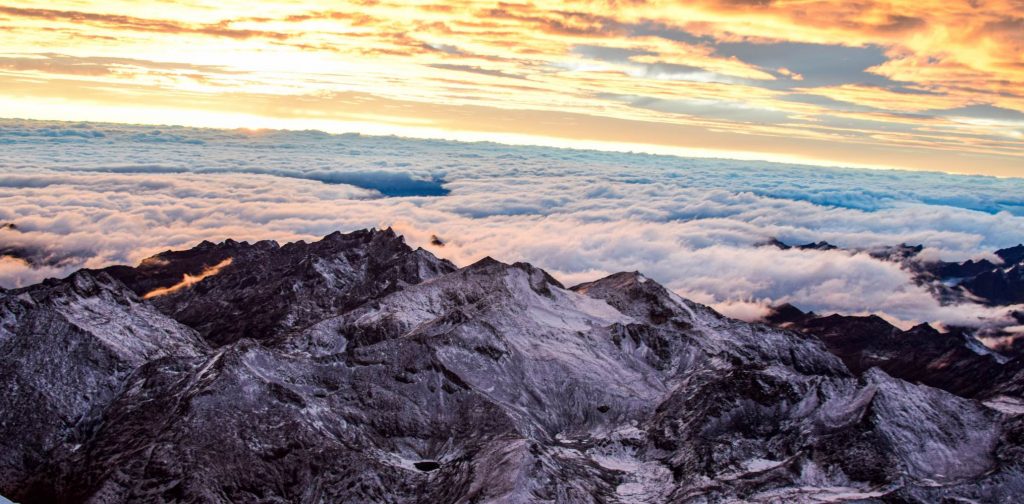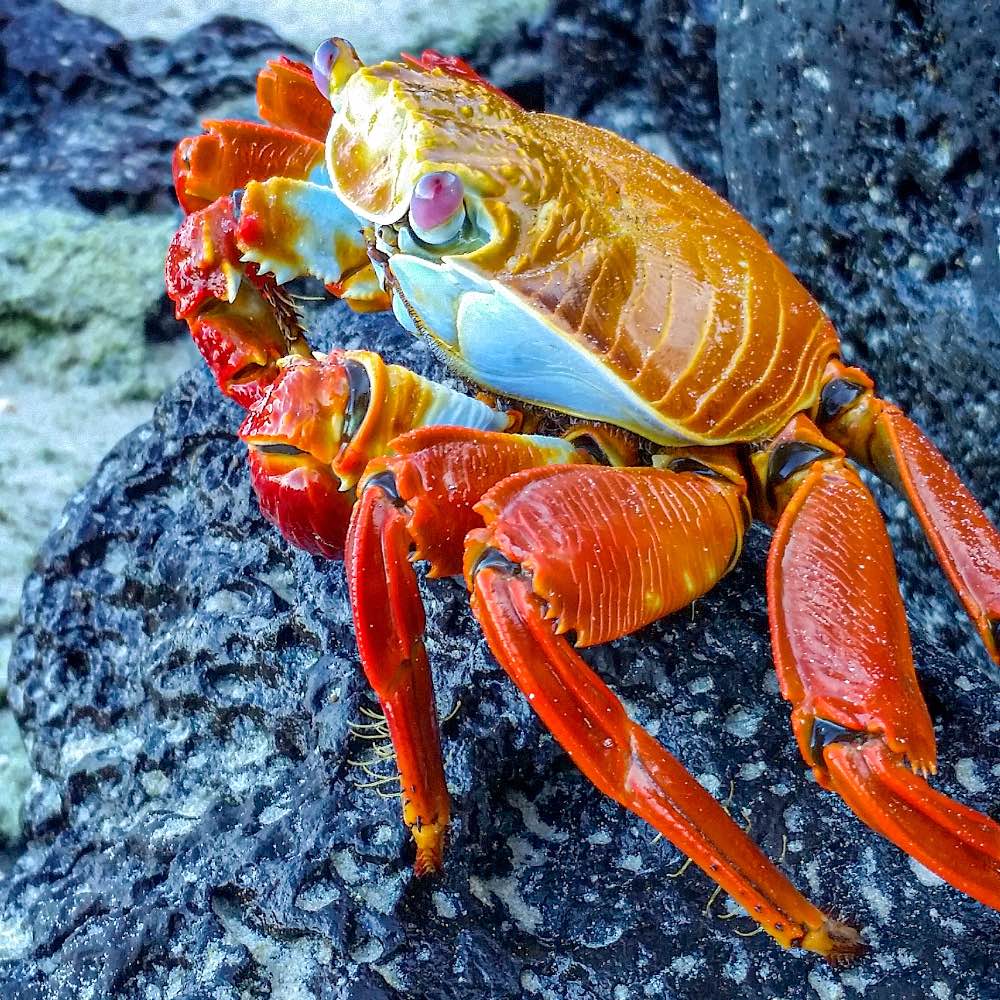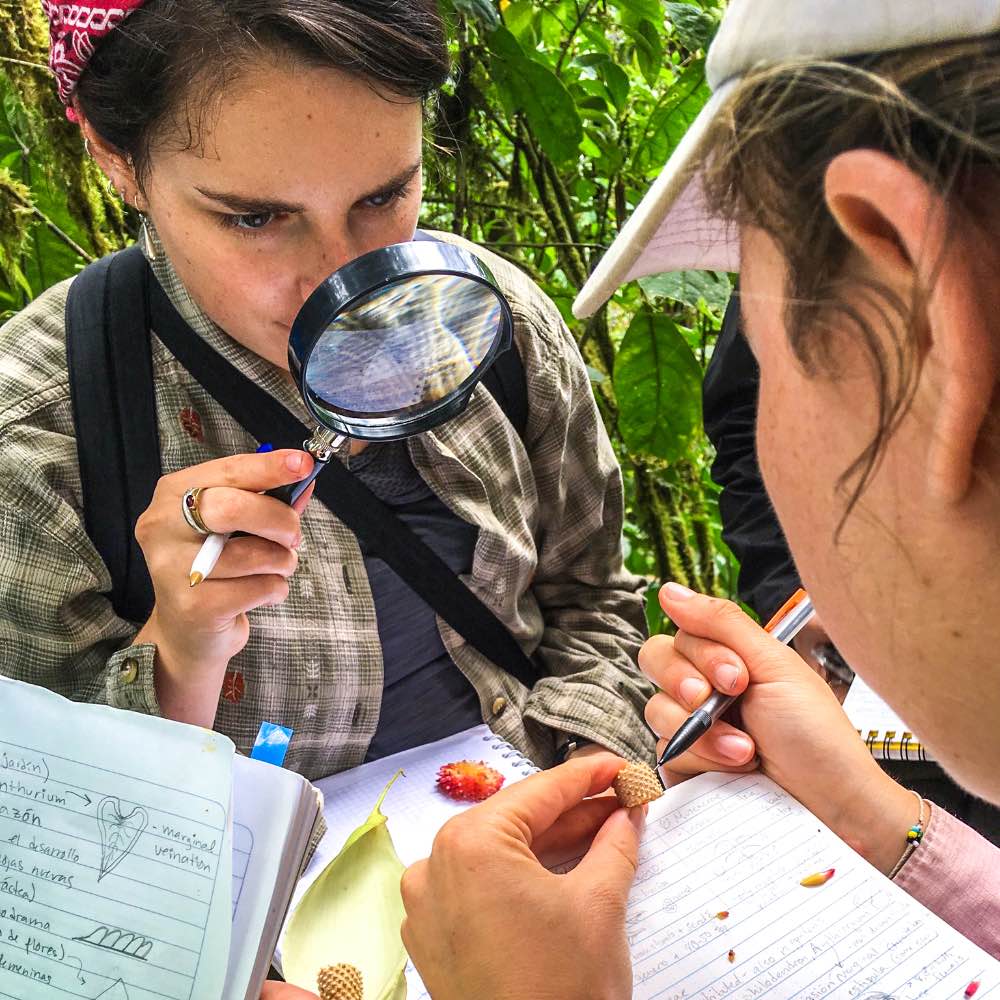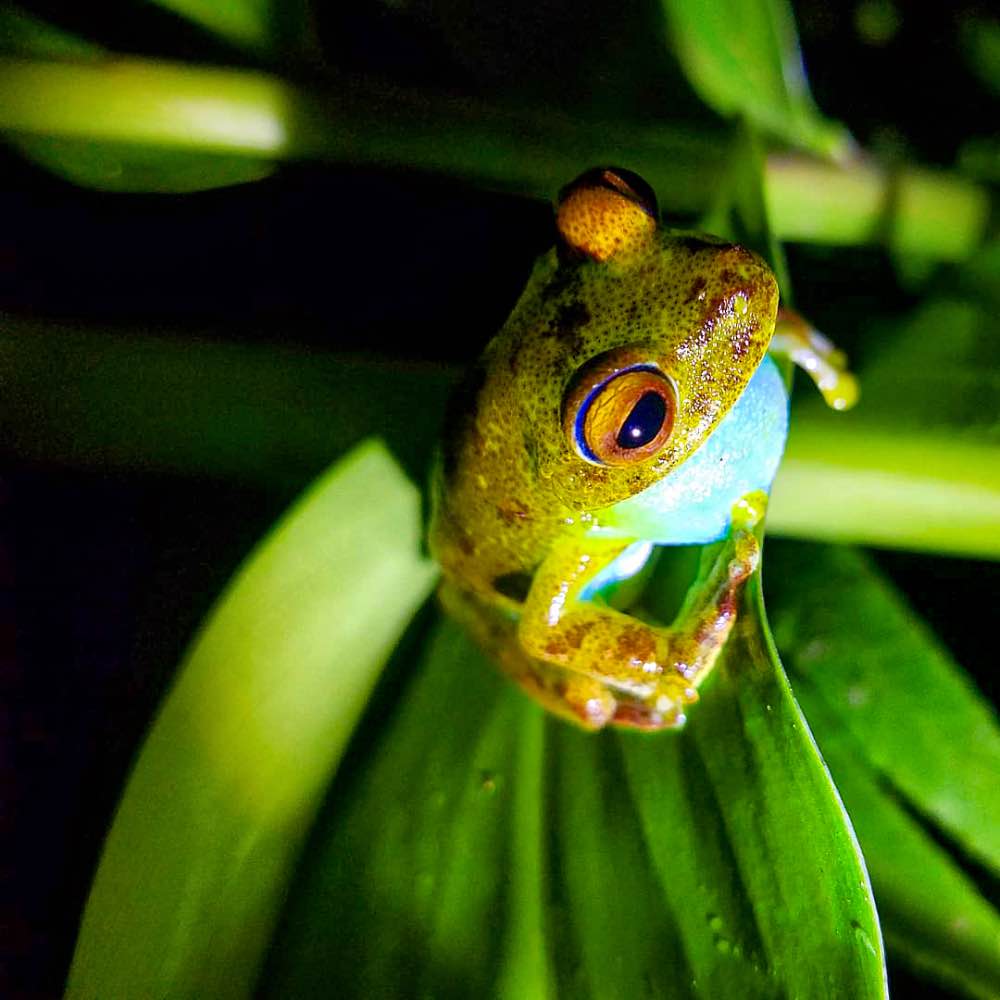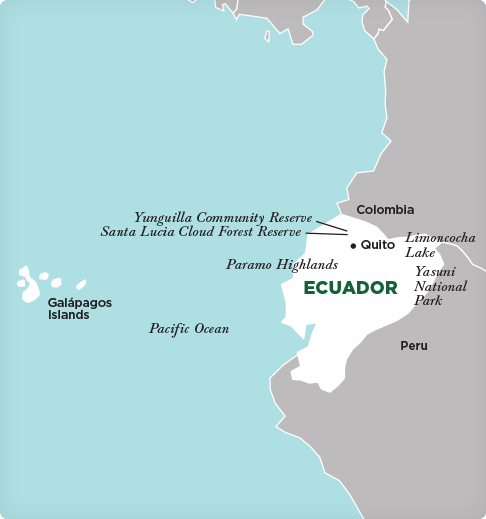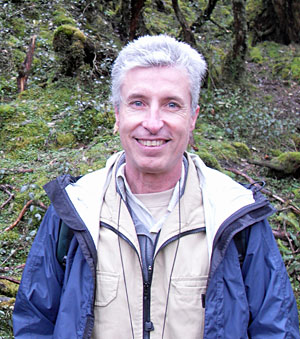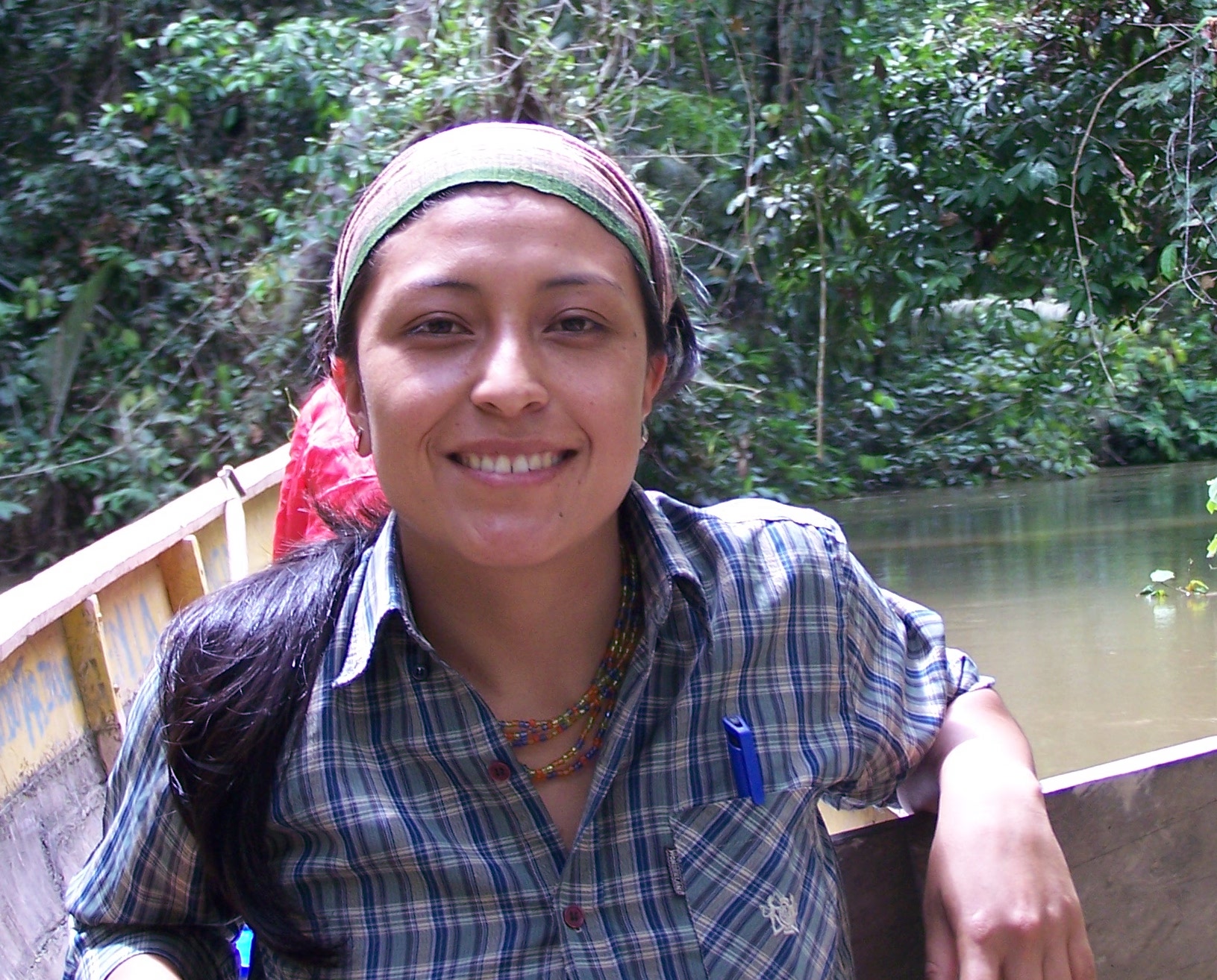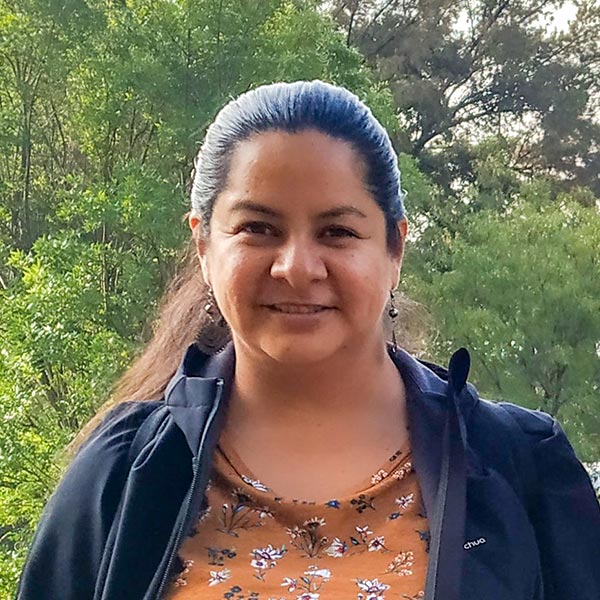Overview
Why study conservation in Ecuador?
You will live like a biologist as you explore the Amazon basin, the Andes, cloud forests, Pacific Ocean coastline, and the Galápagos Islands of Ecuador—unique climatic niches that harbor ecological treasures and a plethora of flora and fauna. Within these diverse and vulnerable settings, you will conduct biological fieldwork, studying plants and insects, taking soil samples, conducting species counts, using mist nets, and observing birds. You will also have the opportunity to live with two different homestay families: in capital city of Quito and the rural cloud forest.
See for yourself the importance of Ecuador’s biota as you learn from researchers during excursions to the Andean páramo highlands, the Amazon Region, and the Cloud Forest of North-Western Ecuador. You will also spend a week exploring the Galápagos Islands by land and sea.
Hone the Spanish language skills you will need to talk about environmental and conservation issues, conduct field research, and engage in institutional and community discussions related to ecology and biology.
Highlights
- Study biology and ecology in one of the world’s most biodiverse countries.
- Visit the Andes, the cloud forests, the Amazon basin, and the Galápagos Islands.
- Live like a biologist: use field research methods to study plants and animals
- Study in beautiful Quito and live with a local host family
Prerequisites
Previous college-level coursework or background in environmental sciences, environmental studies, ecology, biology or related fields. Three recent semesters of college-level Spanish or equivalent and the ability to follow coursework in Spanish, as assessed by SIT, are also required.


